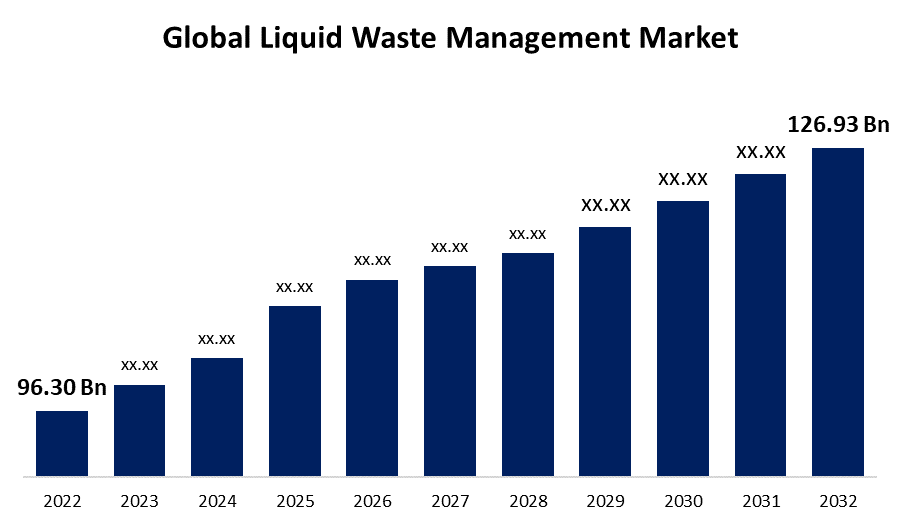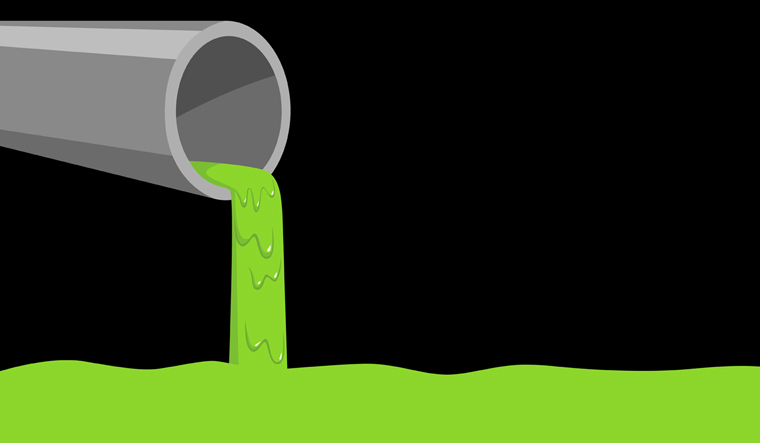Safe and Lasting Liquid Waste Disposal: Your Go-To Company
Safe and Lasting Liquid Waste Disposal: Your Go-To Company
Blog Article
Understanding the Comprehensive Refine of Liquid Garbage Disposal: Ideal Practices and Environmental Influence Factors To Consider
The management of liquid waste disposal is a complex problem that requires a complete understanding of various best practices and their connected environmental impacts. From the kinds of fluid waste created to the techniques utilized for collection, therapy, and final disposal, each action plays an essential function in safeguarding communities and public wellness.
Kinds Of Liquid Waste
Recognizing the numerous kinds of fluid waste is vital for efficient monitoring and disposal methods. Liquid waste can be generally classified right into a number of types, each calling for one-of-a-kind handling and treatment strategies.
Industrial fluid waste typically contains hazardous products, including heavy metals, solvents, and chemicals, produced throughout manufacturing procedures. These wastes require strict governing compliance to safeguard human health and wellness and the setting. Residential fluid waste mostly describes wastewater generated from houses, consisting of sewer and greywater, which, although less toxic, can still pose significant threats if poorly handled.
Agricultural liquid waste, consisting of runoff from farms, commonly has plant foods and chemicals that can bring about ecological deterioration if not dealt with sufficiently. Medical liquid waste, produced from health care centers, includes polluted liquids such as bodily liquids and chemicals, calling for specialized disposal methods to avoid infection and environmental contamination.
Finally, oil and grease waste, generally generated by restaurants and automobile industries, can trigger severe obstructions in sewage system systems if not managed appropriately. Recognizing these groups helps with targeted approaches for therapy, compliance with laws, and effective disposal approaches, ultimately advertising environmental sustainability and public health security.

Collection Approaches
Reliable collection approaches are important for the correct administration of liquid waste, guaranteeing that it is collected safely and efficiently before therapy or disposal. Numerous techniques are utilized depending upon the kind of liquid waste generated, the volume, and the details qualities of the waste.
One common approach is using dedicated collection containers or sumps, which are made to catch fluid waste at the source. These systems frequently include pumps that assist in the transfer of waste to bigger storage containers or therapy centers. Additionally, mobile collection systems outfitted with vacuum cleaner modern technology are used in situations where waste is produced periodically or in hard-to-reach places.
For commercial settings, closed-loop systems can successfully decrease spills and leaks, permitting the healing and reuse of liquid waste. It is additionally necessary to educate workers on appropriate collection methods to minimize threats related to dangerous materials.
Additionally, executing normal upkeep routines for collection equipment ensures optimal performance and security. The assimilation of sophisticated surveillance systems can boost collection effectiveness by supplying real-time data on waste levels and prospective risks. Generally, reliable collection approaches are foundational to sustainable liquid waste administration techniques.
Therapy Procedures
Treatment procedures play a vital duty in the administration of fluid waste, transforming potentially hazardous products into secure effluents or recyclable sources - liquid waste disposal. These procedures can be extensively categorized right into physical, chemical, and organic methods, each tailored to attend to specific contaminants existing in the waste stream
Physical treatment techniques, such as sedimentation and purification, work important link by eliminating suspended solids and particulate issue. These strategies are frequently the very first step in the treatment chain, properly lowering the tons on subsequent procedures. Chemical therapies include using reagents to counteract damaging compounds, precipitate hefty metals, or oxidize natural toxins, thereby boosting the safety of the effluent.
Organic treatment processes, consisting of activated sludge systems and anaerobic food digestion, maximize the all-natural capabilities of bacteria to weaken organic issue. other These methods are specifically efficient for wastewater including naturally degradable contaminants. Advanced treatment modern technologies, such as membrane purification and advanced oxidation processes, are increasingly employed to attain higher degrees of filtration.
Including a mix of these treatment approaches not just makes certain compliance with governing standards however likewise advertises environmental sustainability by recovering important sources from liquid waste.
Disposal Options
How can organizations ensure the accountable and safe disposal of fluid waste? Effective disposal choices are important for guarding public health and wellness and the setting. The main approaches include land treatment, disposal, and incineration complied with by discharge into metropolitan wastewater systems.
Land disposal entails the mindful control of liquid waste in assigned garbage dumps, making certain that it does not leach into bordering dirt or water. Incineration, on the other hand, subjects liquid waste to heats, converting it right into ash and gases, which need appropriate purification to lessen discharges. This technique is appropriate for harmful wastes that can not be treated via standard ways.
In instances where fluid waste can be treated, organizations might choose chemical or biological treatment processes to counteract hazardous elements prior to releasing the dealt with effluent into community systems. This route usually lines up with regulatory requirements, making certain that the effluent fulfills safety and security requirements.
Eventually, companies have to perform extensive evaluations of each disposal alternative to establish its practicality, thinking about variables such as waste composition, regulatory compliance, and possible threats to health and the atmosphere. By selecting appropriate disposal methods, services can add to an accountable waste administration strategy.
Ecological Influence
The environmental influence of liquid waste disposal is an essential factor to consider for companies looking for to lessen their ecological footprint. Improper disposal methods can bring about significant contamination of water sources, dirt deterioration, and damaging impacts on regional communities. For example, hazardous liquids can leach right into groundwater, positioning threats to drinking water supplies and water life. Additionally, the discharge of neglected or improperly dealt with waste into surface area waters can lead to eutrophication, causing oxygen depletion and the succeeding death of fish and other organisms.

To reduce these effects, organizations need to adopt best techniques such as applying rigorous waste therapy procedures, promoting recycling and reuse, and sticking to governing requirements. By taking a positive strategy to liquid waste administration, entities can substantially decrease their ecological footprint while supporting sustainable growth objectives. Inevitably, a detailed understanding of the ecological influences related to liquid waste disposal is important for notified decision-making and accountable stewardship of natural deposits.
Verdict
Effective monitoring of liquid waste is essential for securing ecological honesty and public wellness. Ultimately, an extensive understanding of liquid waste disposal not just mitigates ecological influences yet additionally promotes a dedication to responsible resource monitoring and ecological stewardship.
The management of fluid waste disposal is a complex issue that requires an extensive understanding of different finest methods and their associated environmental impacts. From the types of liquid waste created to the approaches used for collection, treatment, and final disposal, each action plays a vital function in protecting communities and public wellness.The ecological influence of liquid waste disposal is a critical factor to consider for companies looking for to minimize their eco-friendly footprint. Eventually, a detailed understanding of the environmental effects linked with fluid waste disposal is vital for notified decision-making and accountable stewardship of natural resources.
Inevitably, a comprehensive understanding of liquid waste disposal not just mitigates environmental effects but also promotes a commitment to accountable resource administration and ecological stewardship.
Report this page